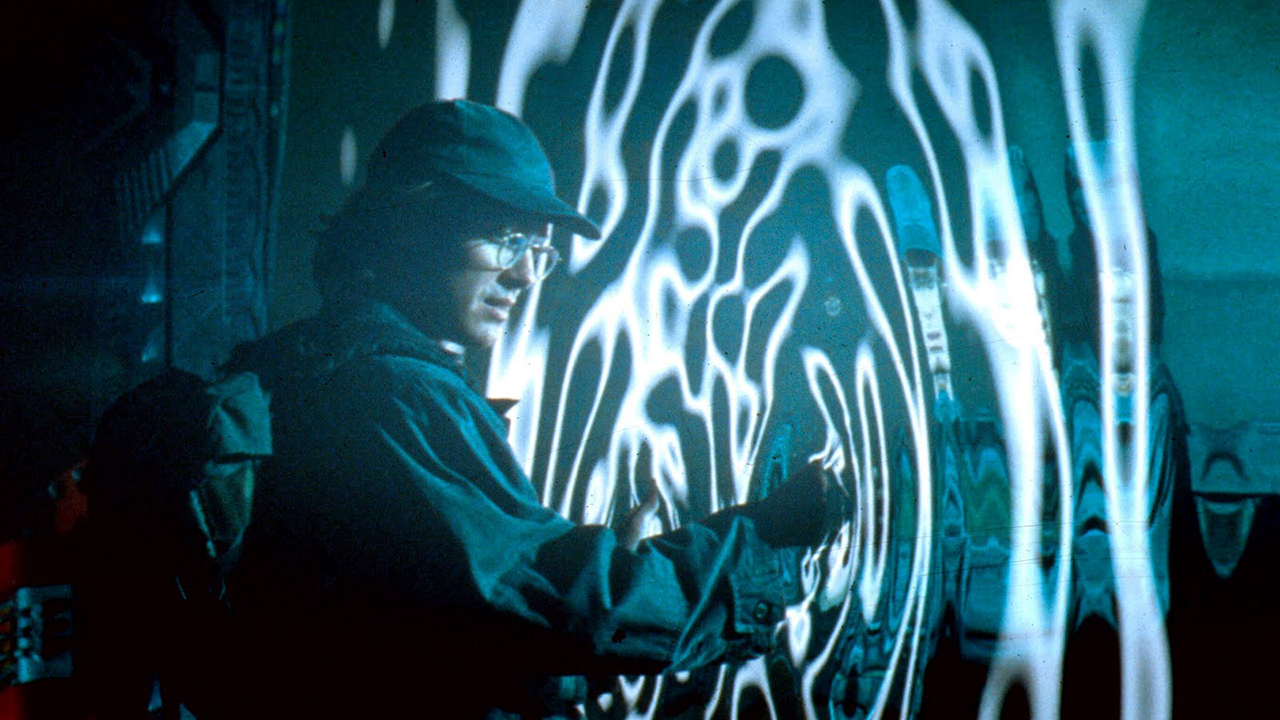
If you can believe it, 30 years have passed since Stargate landed in theaters worldwide. To this day, Roland Emmerich's big 1994 sci-fi feature still causes some division amongst cinephiles, yet it's gradually become a mainstream cult classic — in part thanks to the three TV series that followed and took the universe the new heights.
With Amazon's purchase of MGM back in 2022, they now control the rights to the franchise. No one could have anticipated Stargate's success after the movie's modest reception, and we have to wonder what's next for this story. Will Amazon reboot Stargate? Regardless, the original movie remains an often overlooked sci-fi romp with all the right ingredients and a shockingly restrained scale, especially if we compare it to Emmerich's next movie: Independence Day
In the age of ambitious cinematic universes and too many bloated production budgets, perhaps Stargate's troubled journey to the big screen and ensuing success against all odds holds a few tips to achieve sustainable franchise-building.
Why Stargate worked so well and still holds up
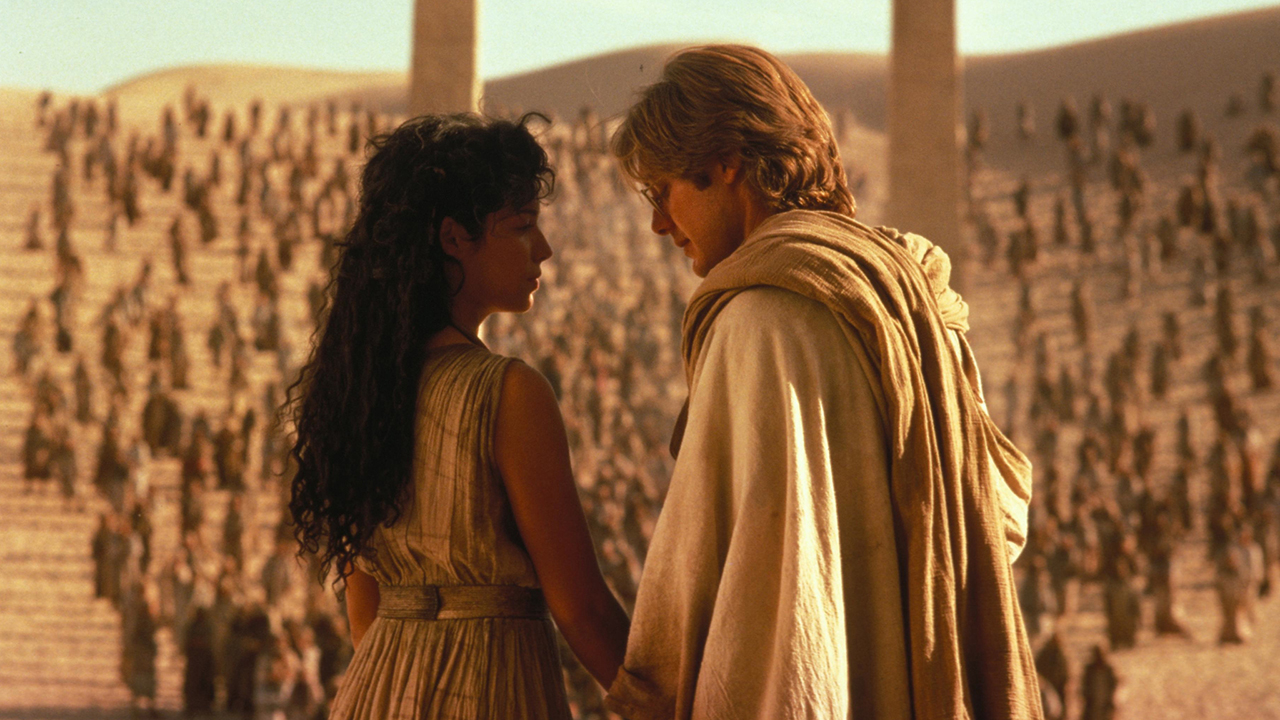
Nobody's ever ranked Stargate alongside the best sci-fi movies of all time, but there's a good reason it has stood the test of time. Stargate is that special kind of sci-fi adventure that could've been set on planet Earth with a few changes. The desert planet of Abydos has no alien features, and even when Ra and his followers arrive, the movie never expands beyond its scope.
Sometimes less is more, and this philosophy was carried forward in Stargate SG-1, Atlantis, and even the ill-fated Universe, giving the shows a special aura that placed them closer to stuff like Farscape than Star Wars or Star Trek's more expensive installments.
Before Stargate opened in theaters and made over $196 million worldwide on a $55 million budget (what we'd call medium-sized back then), co-writer and producer Dean Devlin struggled at first to get the nerdy types interested during the almost improvised promotion at sci-fi conventions:
Talking to Variety, Devlin spoke on how "They thought, 'They're ripping off Star Wars,' but once we started talking and as soon as they found out about us recreating the [ancient Egyptian] language, it changed everything. They felt like 'Oh, they are one of us. They would go to that extra length for sci-fi.'"
Later, the movie received a surprisingly warm reception from the public, earning $71 million in the United States and $125 million internationally, landing the record for the highest-grossing opening weekend for a movie released in October until 1998's Antz surpassed it.
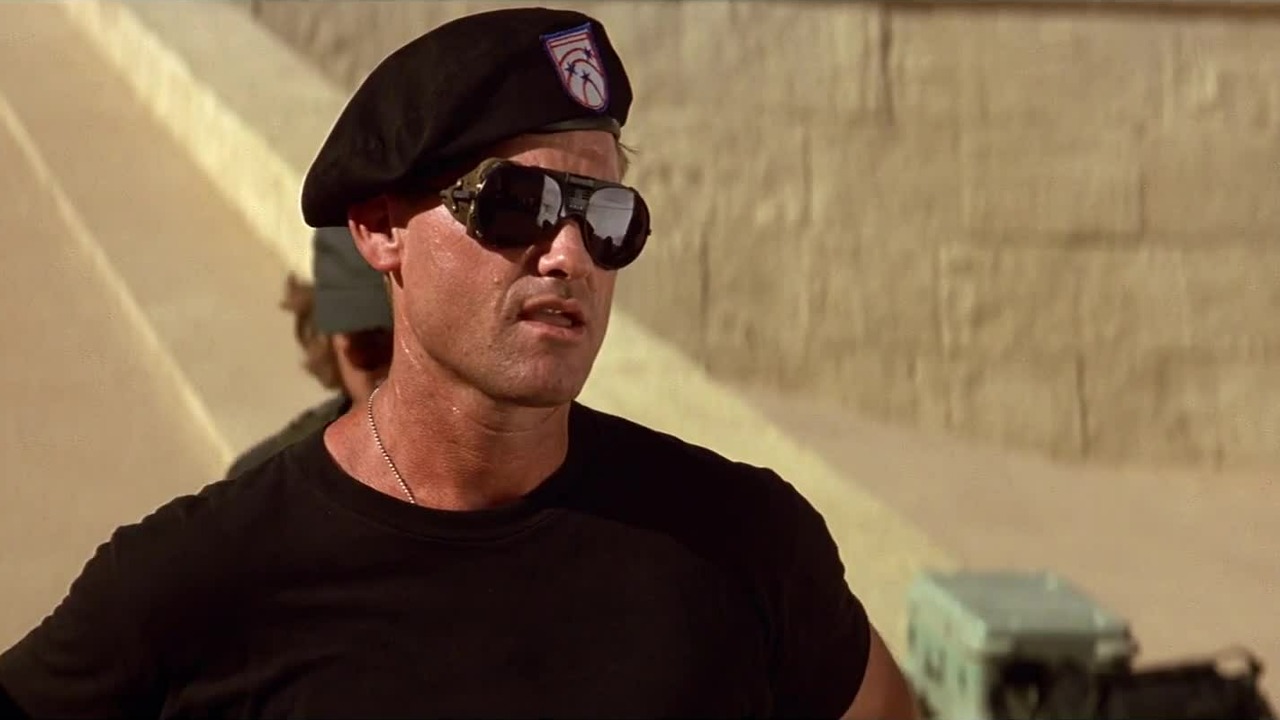
Already more-than-established actor Kurt Russell, who didn't want to join the movie at first, also proved key to Stargate's success in international markets. His "vulnerable action man" portrayal of Jack O'Neil remains iconic even after Richard Dean Anderson inhabited the (reworked) role for 13 years when Stargate transitioned into a TV series. One could argue the dynamic between him and James Spader's Daniel Jackson carries the entire movie forward even during the duller sections, as the initially troubled relationship between a military figure and an idealistic man of science & humanities blossoms into a begrudging respect as they both find knowledge and redemption on the other side of the Milky Way.
Both Emmerich and Devlin also admitted the genesis of Stargate was their fascination with Erich von Däniken's Chariots of the Gods and its documentary adaptation. If we closely examine mainstream science fiction works before and after Stargate, we could say it's the one movie that best represents such ideas. Just look at the duo's next movie, Independence Day, where the alien visitors weren't imposing gods trying to lord over humans, but destructive locust-like invaders instead. Stargate is a rare type of movie about nefarious aliens that still retains childlike wonder throughout its entire runtime.
What's next for Stargate?
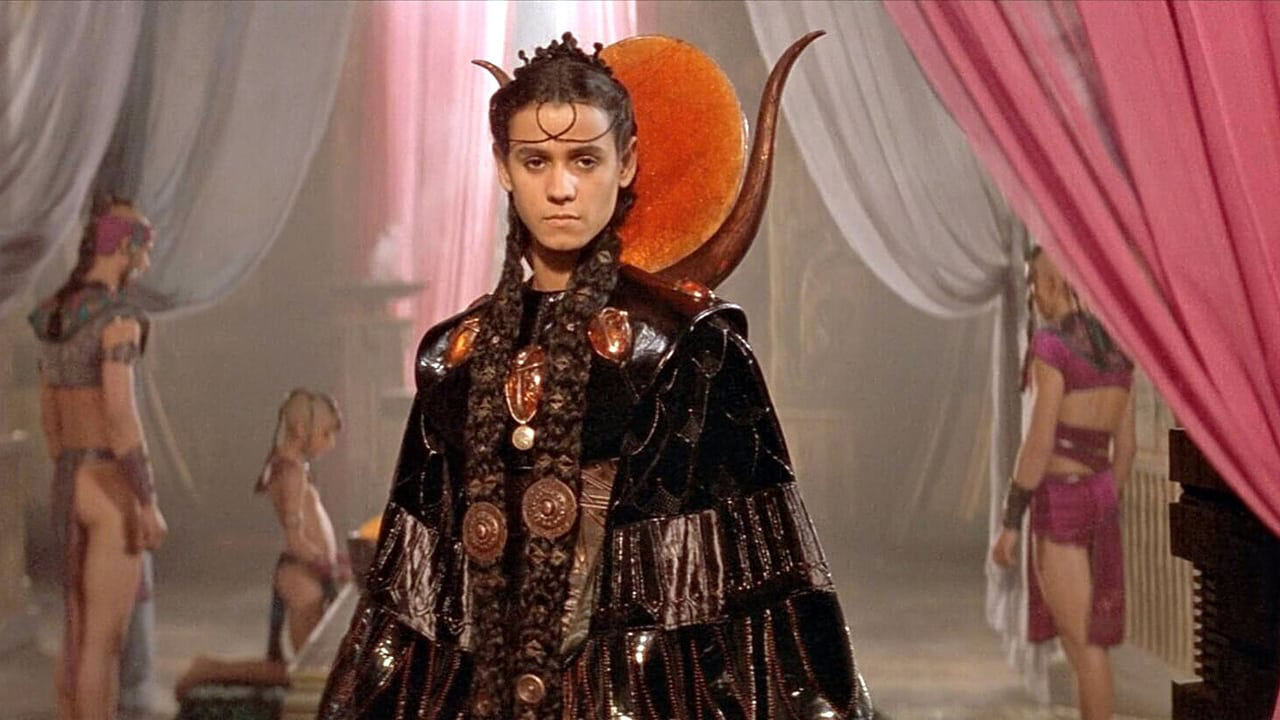
For better or worse, Emmerich and Devlin's three-movie plan never panned out despite the box office success of the original movie. MGM "basically took it from us," Devlin explained back in 2019. Stargate SG-1 and Atlantis proved to be huge and eventually became icons of modern science fiction on their own, taking the mythology in a different direction. They kept the 'alien posing as gods' angle but dove deeper into the overarching story and mythos despite budgetary limitations. The original architects returned roughly ten years ago to the franchise, trying to get the new movies made before the second Independence Day took preference, but those plans were left to collect dust at some point too. Emmerich told Space in 2022 that he hoped to see someone else take a crack at new movies though.
The intent to mine the IP was confirmed last year by Deadline, with Amazon asking for pitches and putting "film and TV" plans of its own in motion. Such an approach is being applied to most of MGM's rich catalog of properties, with RoboCop nearing a much-desired green light as a TV series. At this point, it's safe to assume a Stargate relaunch would be more of a reboot instead of a legacy sequel (whether theatrical or designed for streaming). The question remains though — should past creatives be involved, or is it better to restart from scratch with an all-new vision that comes from people who grew up with the movie and its TV follow-ups?
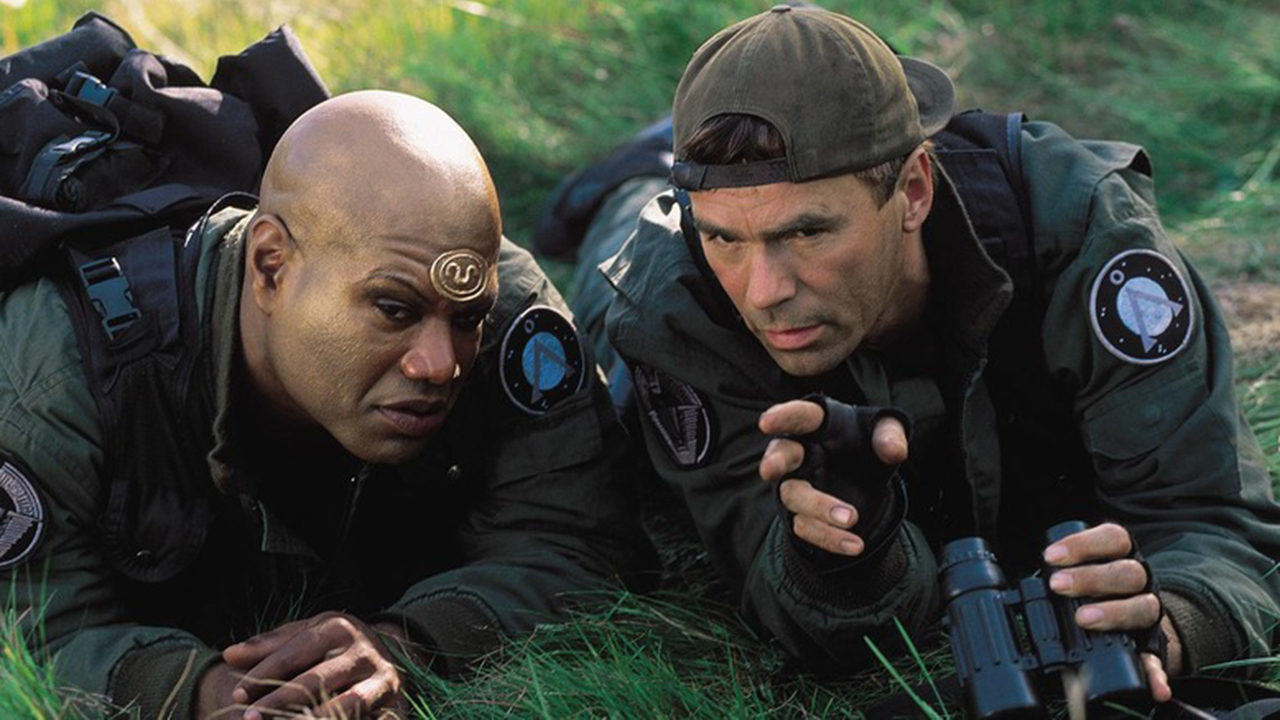
Much like crossing the titular Stargate to reach an uncharted new world, any new move after so many years will feel like a leap of faith. But that's the beauty of the premise behind both the movie and shows, isn't it? The lure of the unknown, an element that is seldom part of modern blockbusters. Stargate is quite literally a door to many possible scenarios, so let's hope its Amazon-backed future doesn't feel as dusty and stale as an Egyptian tomb.







